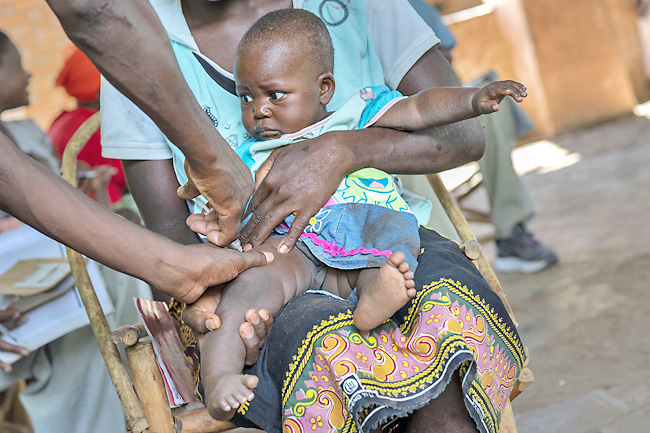BLANTYRE, MALAWI (AP) – As the World Health Organization (WHO) announces the next step in its rollout of the world’s first authorised malaria vaccine in three African countries, concerns about its value have come from an unlikely source – the Bill and Melinda Gates Foundation, arguably the vaccine’s biggest backer.
WHO endorsed the vaccine last fall as a “historic“ breakthrough in the fight against malaria, but the Gates Foundation told The Associated Press (AP) this week it will no longer offer direct financial support to the shot although it will fund an alliance backing the vaccine.
Some scientists said they’re mystified by that decision, warning it could leave millions of African children at risk of dying from malaria as well as undermine future efforts to solve problems in public health.
The vaccine, sold by GlaxoSmithKline as Mosquirix, is about 30 per cent effective and requires four doses. The malaria vaccine has “a much lower efficacy than we would like”, Gates Foundation’s Director of Malaria Programmes Philip Welkhoff told the AP.
Explaining its decision after spending more than USD200 million and several decades getting the vaccine to market, he said the shot is relatively expensive and logistically challenging to deliver.

“If we’re trying to save as many lives with our existing funding, that cost-effectiveness matters,” he said. The Gates Foundation will continue its financial support to Gavi, a vaccines alliance that is also backed by WHO and the World Bank.
“We’re supporting the roll-out via the Gavi funding, but we decided we would not dedicate additional direct funding to extend the supply of the vaccine,” Welkhoff said.
The Gates Foundation’s decision to pivot away from supporting the rollout of the vaccine in Africa was made years ago after detailed deliberations, including whether the foundation’s money would be better spent on other malaria vaccines, treatments or production capacity, Welkhoff said.
Some of the resources that might have gone into getting the vaccine have been redirected to buy new insecticidal nets, for example.
“It’s not the greatest vaccine in the world, but there are ways of using it that could have a big impact,” said Dean of Biological Sciences at Liverpool School of Tropical Medicine Alister Craig.
“It’s not like we have a lot of other alternatives.”




